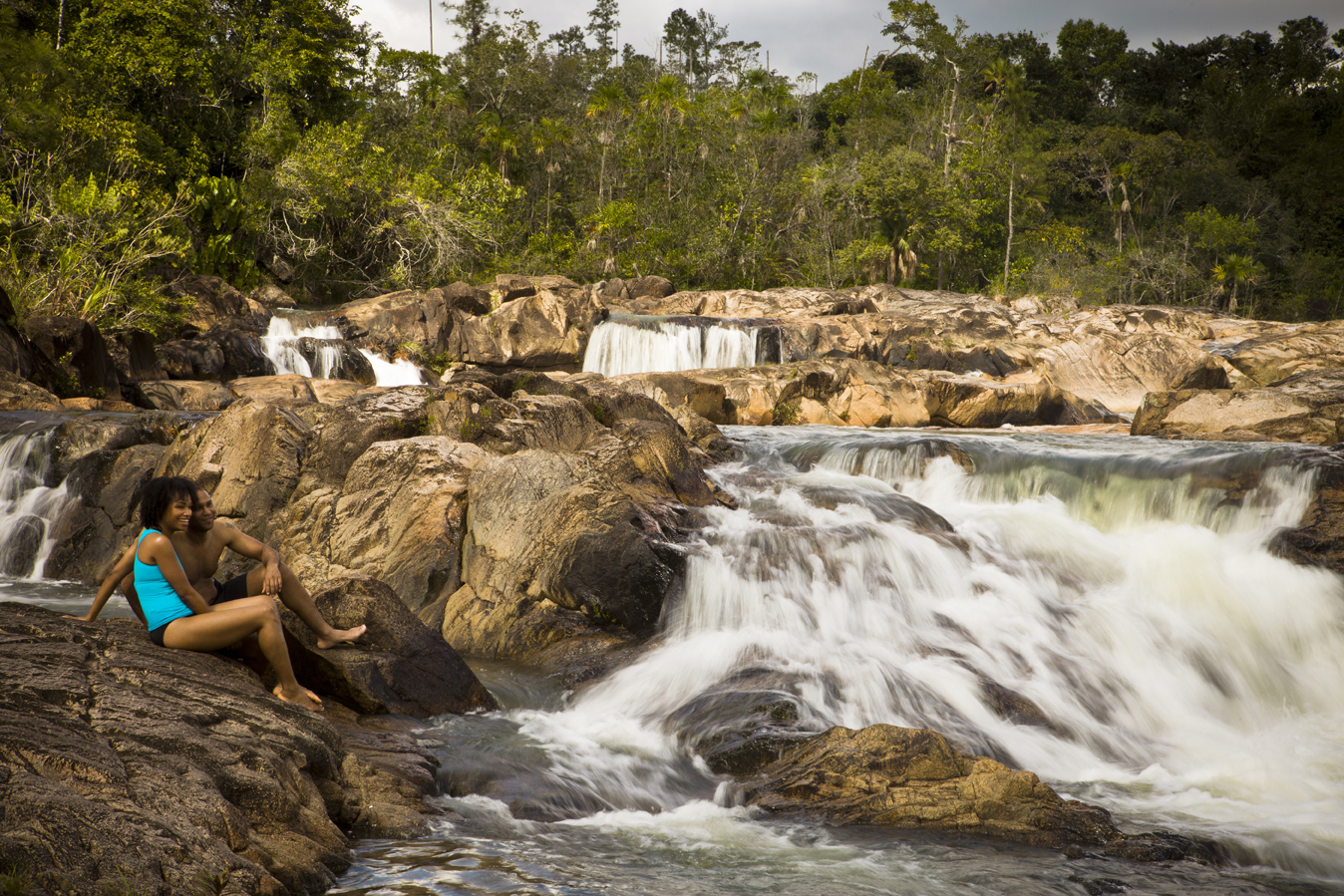Is our environmental awareness enough?

To what extent are our flora, fauna, and natural environment sentient? To be sentient is to be conscious of or responsive to the sensations of seeing, hearing, feeling, tasting, or smelling. Are humans the only sentient beings? What about plants and trees? They are living things too. They eat, grow, reproduce, and eventually die. According to some botanists the answer is “no” because plants do not have a brain to generate emotional and intelligent reflexes. Simply put, it has not been established that plants can have any type of feelings or experiences. Still, it is an interesting thought and question. Perhaps speaking and thinking of plants and trees as though they were sentient is a bridge too far. Still, certainly, the idea of preserving them for the benefit of ourselves and other sentient animals is within our scope of acceptance. Maybe the real question is not whether plants and trees are sentient but whether our environmental awareness is enough. Belizeans are environmentally- conscious, but is that the same as being environmentally-sentient?
Belize has hard-earned its reputation as a leader in eco-tourism within the Caribbean and Central American regions. Last year, an article in Forbes magazine titled Belize— A Leader in Sustainability declared that “Eco-tourism thrives in Belize”. Our commitment to the ethos of sustainability along with the success of eco-businesses across the country, have fortified the “eco” as the most important adjective attached to our tourism product. To emphasize that point, next month, Belize will host the 1st Annual World Sustainable Travel and Hospitality Awards, in which we have been nominated for the “World’s Leading Sustainable Destination 2024” category. The “eco” is not just a brand— it is our development and tourism mantra. But, is it enough that we strive for litter-free rainforests and beaches while so many of us continue to feel so free to litter and pollute our towns and cities? Eco-tourism and environmental consciousness do not only apply to the wild and natural environment. Our urban ecosystems need to be free of litter and microplastics, too. Plastic bottles, bags, caps, containers, and every variety of the synthetic material are strewn all alongside streets, parks, buildings, highways, drains, empty lots, and just about everywhere. The images of plastics laid out against concrete are just as unhealthy for the environment as when they are found in the green grass and floating in rivers and the sea. Belize has done a lot to preserve and protect its environment through law and policy. We have a Chief Environmental Officer and now a Chief Climate Change Officer within the Ministry of Sustainable Development and Climate Change. Our national commitment to protecting and preserving our natural environment is unquestionable, but what about our attention to ecological sustainability within our urban spaces?
Plants and trees are not just for the wild, they are important for urban areas, too. In many ways, they are more important since green spaces in urban areas are known to promote mental and physical health, social equality, and inclusion and improve the overall quality of life. The Belize Tourism Board (BTB) is actively working on an urban beautification project to enhance tourism in Belize. The project includes planting greenery throughout Belize City to benefit residents and visitors. Garbage and plastics strewn across the environment, wild or urban, have a way of making it look inert and lifeless. What the plants and trees cannot feel, we can see. Shouldn’t being environmentally conscious, with an ethos for sustainable development and eco-tourism, lead to better awareness about littering? Perhaps, being environmentally aware and environmentally sentient are different.
Chat again later.
Jasmine Anderson
For the Belize Tourism Board
